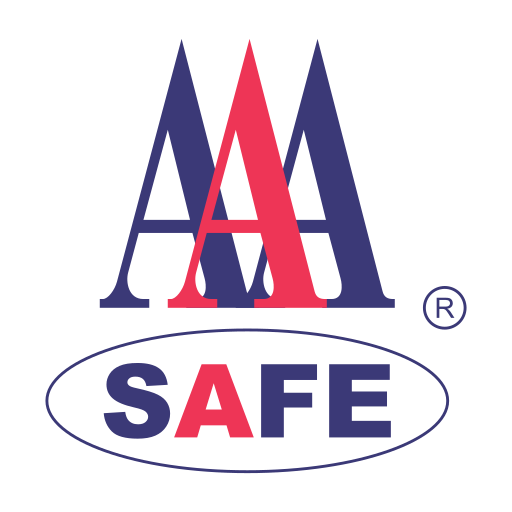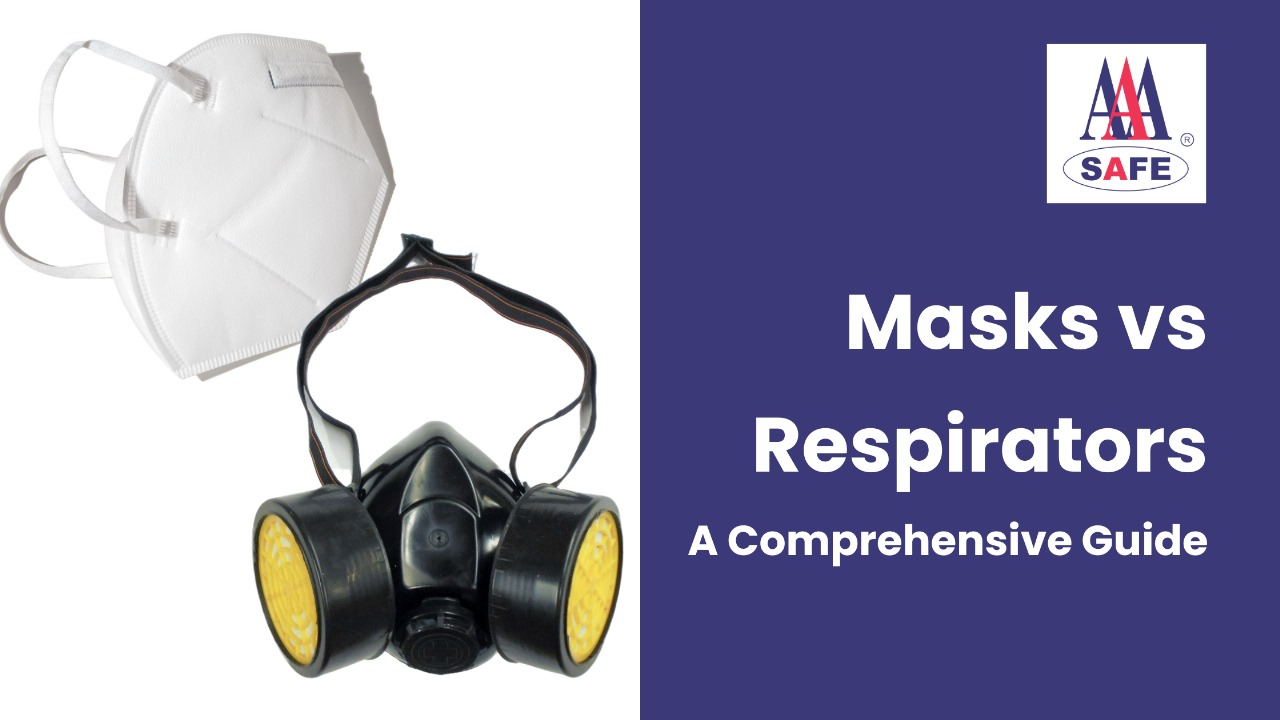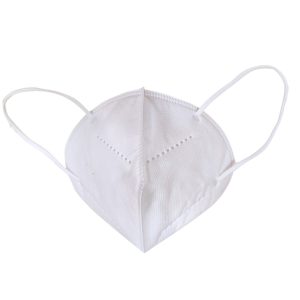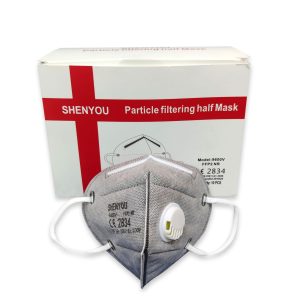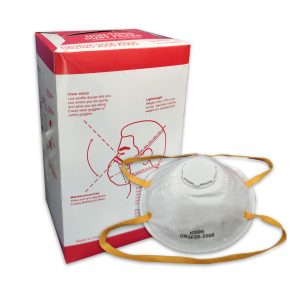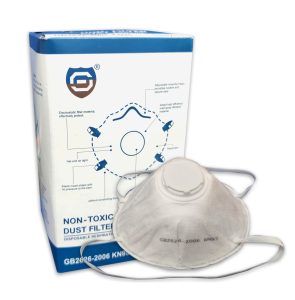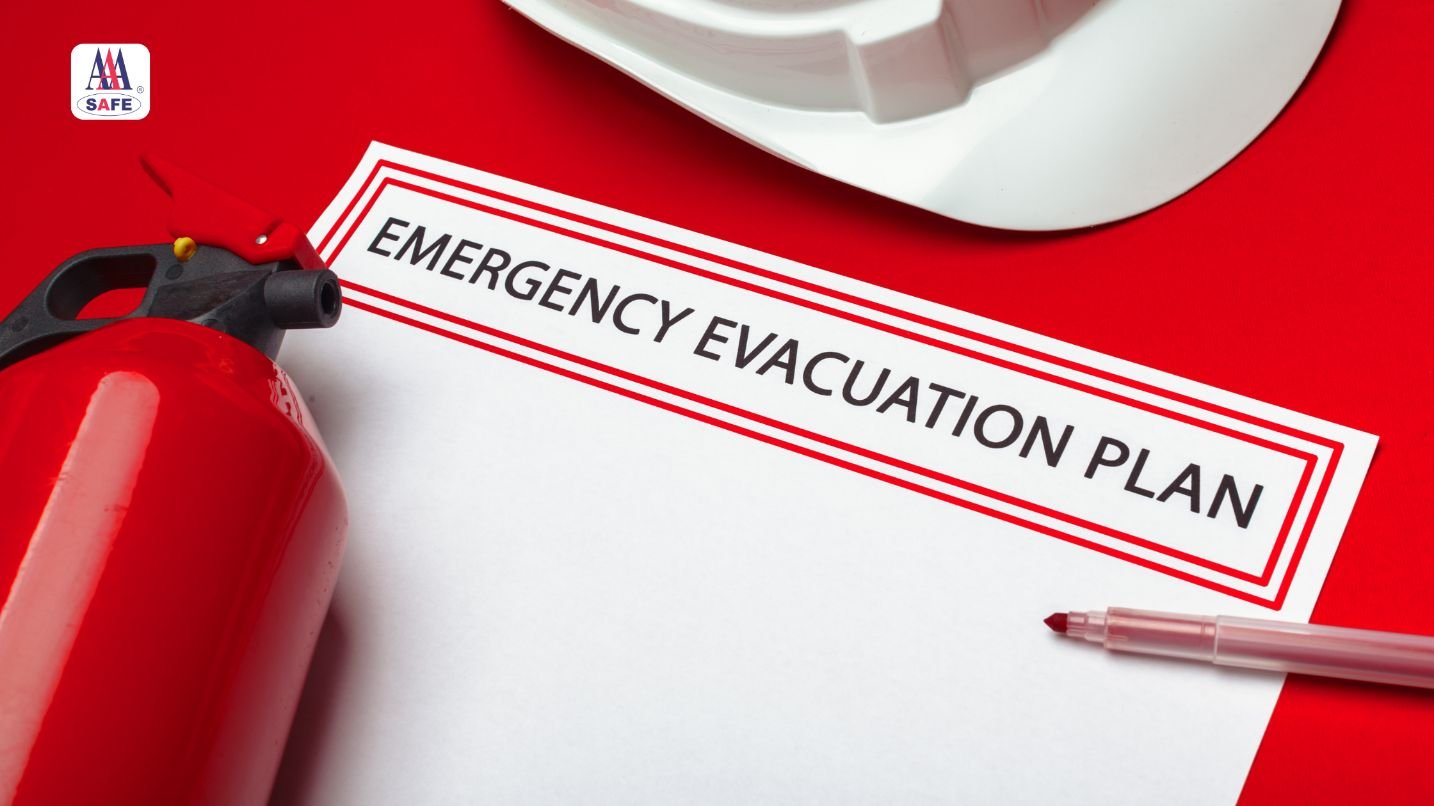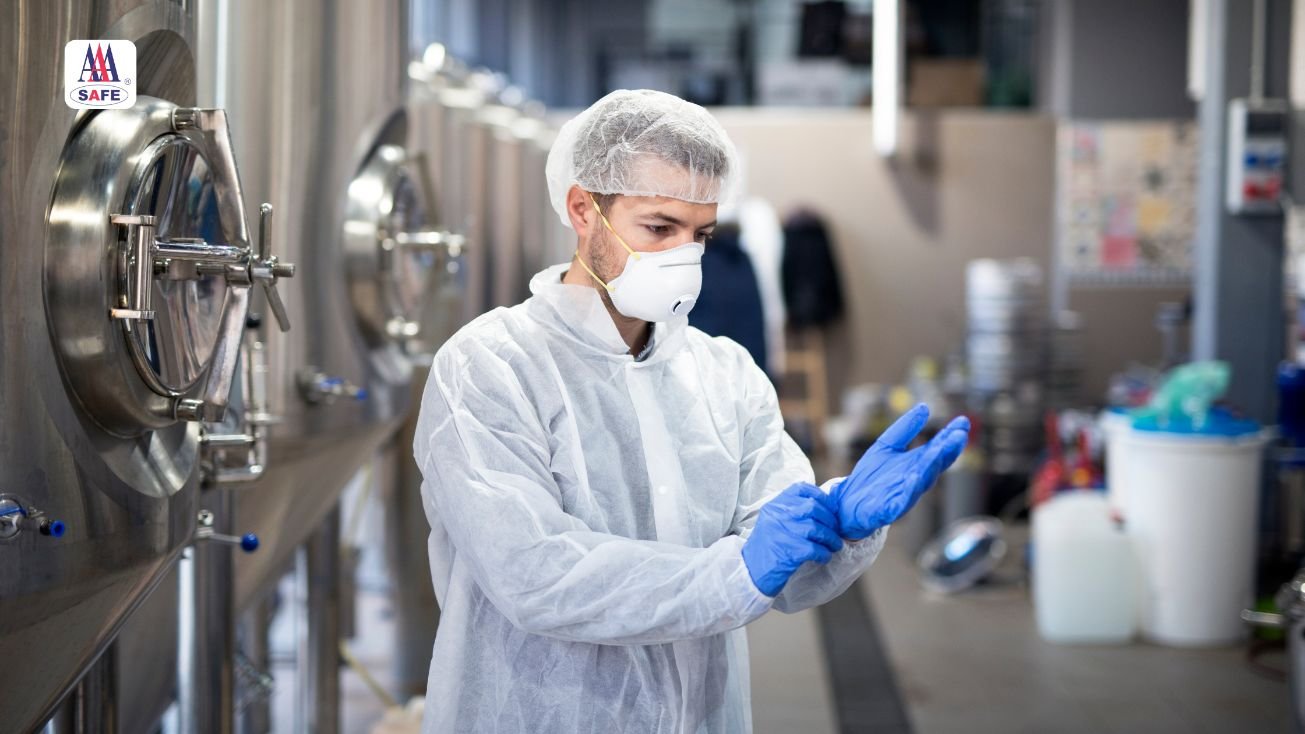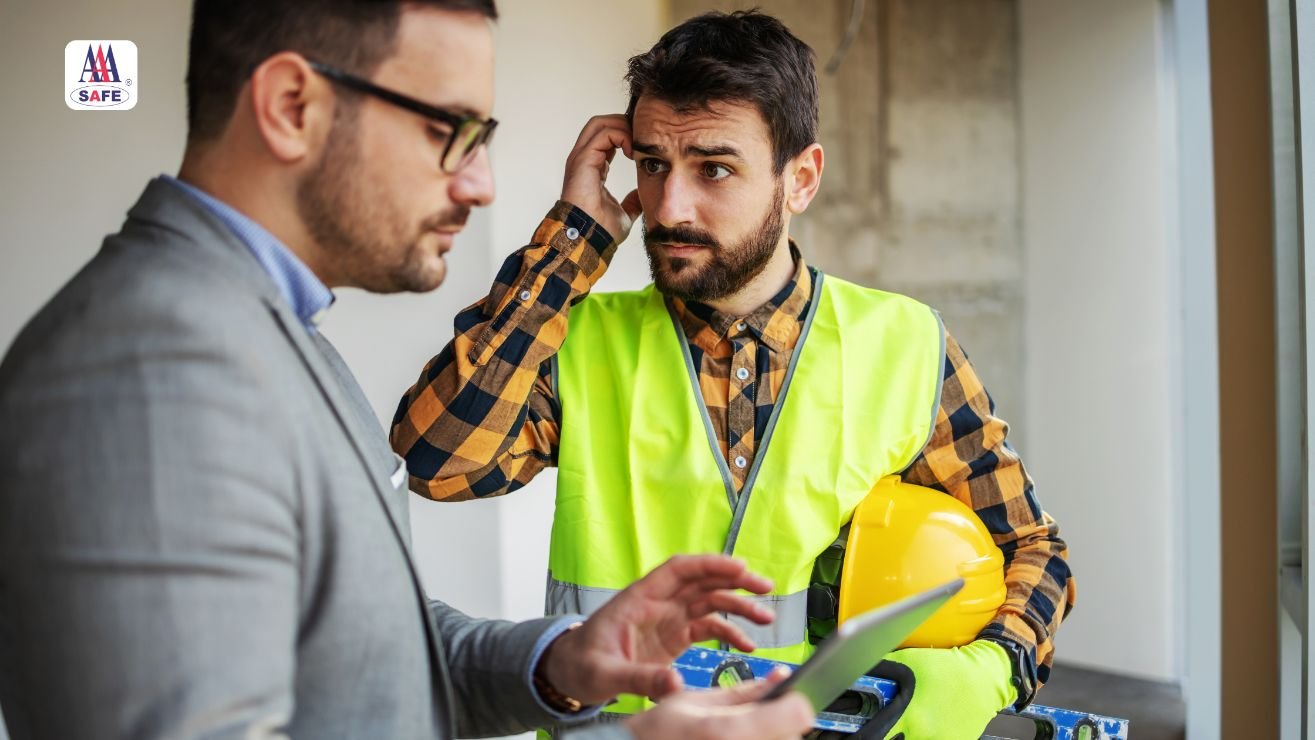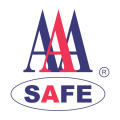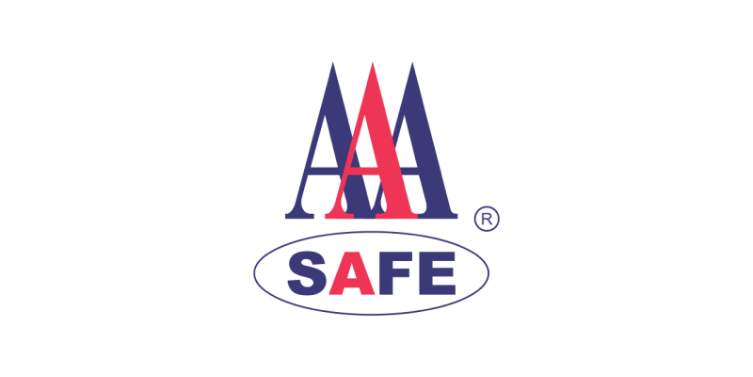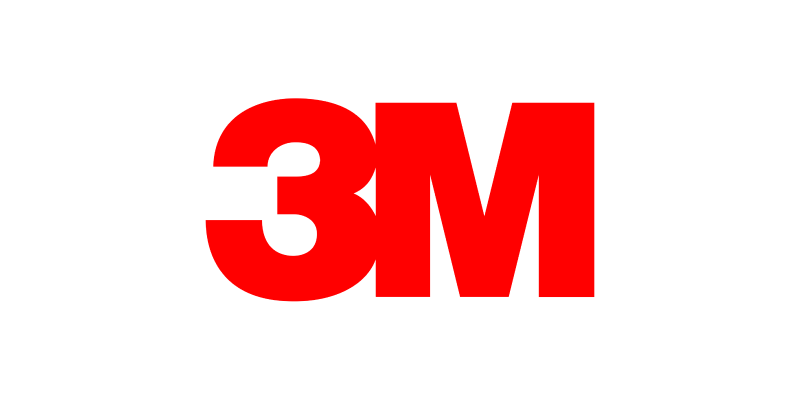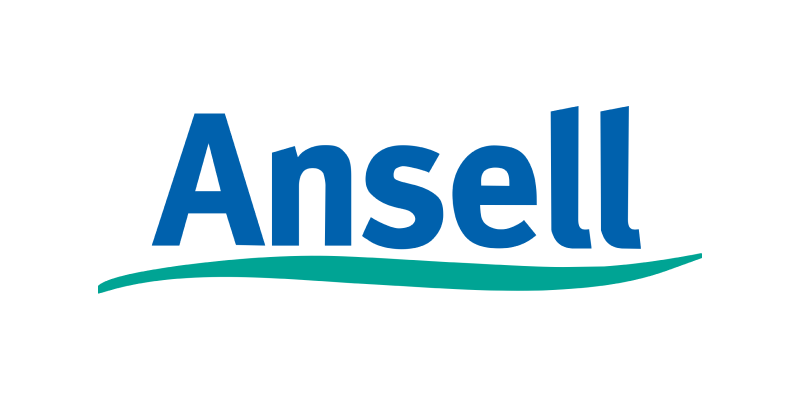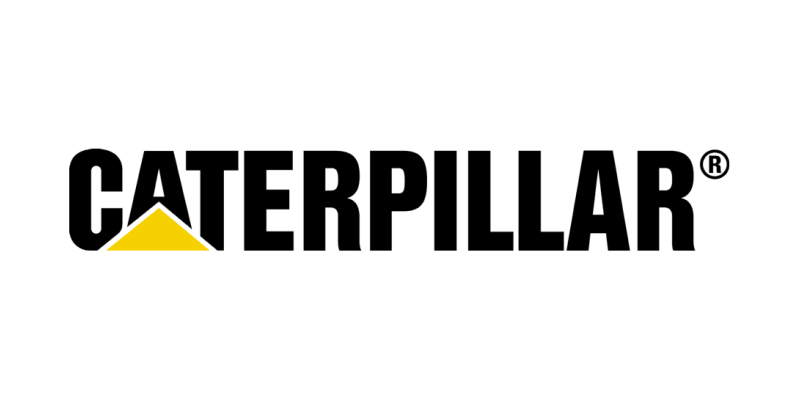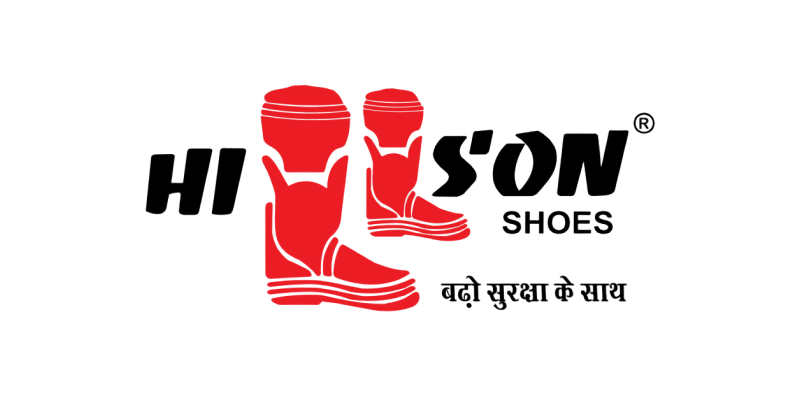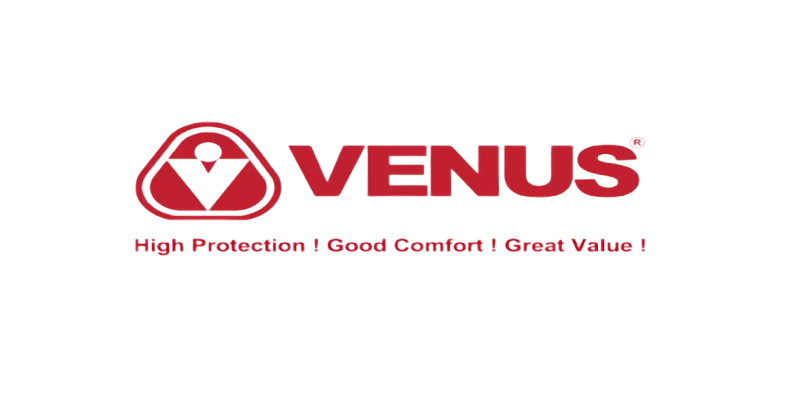In the UAE, understanding the differences between masks and respirators is essential for adhering to safety regulations and ensuring health in various environments. With stringent laws and guidelines in place, making the right choice between these two types of personal protective equipment (PPE) is crucial for compliance and protection. This comprehensive guide will help you navigate UAE-specific regulations and choose the appropriate PPE based on your needs.
Understanding Masks and Respirators in the UAE
Masks
In the UAE, masks are primarily used to protect others from the wearer’s respiratory emissions, such as saliva and mucus. They act as a barrier against large droplets expelled when a person talks, coughs, or sneezes. Here’s a closer look at the main types of masks regulated in the UAE:
- Surgical Masks: These are loose-fitting, disposable devices that create a barrier between the wearer’s mouth and nose and potential contaminants in the environment. Surgical masks are commonly used in healthcare settings to protect patients from the wearer’s droplets and maintain a sterile environment. They are also a standard requirement in many public settings to prevent the spread of illnesses. However, they are not designed to filter out smaller airborne particles and do not protect the wearer from inhaling harmful substances.
- Non-medical Masks: Often made from cloth or other materials, non-medical masks are intended for general public use. In the UAE, non-medical masks are mandated in many public spaces, including shopping malls, public transport, and offices. They help reduce the spread of respiratory droplets but vary in effectiveness based on the materials and number of layers used. These masks are crucial for everyday activities and help in complying with local health regulations.
Respirators
Respirators in the UAE are designed to protect the wearer from inhaling harmful airborne particles, gases, or vapors. They offer a higher level of protection compared to masks. Key types of respirators include:
- N95 Respirators: These respirators filter out at least 95% of airborne particles, including viruses and bacteria. In the UAE, N95 respirators are commonly used in healthcare settings and industries where there is a high risk of exposure to airborne contaminants. They are particularly important for workers and healthcare professionals who are exposed to high levels of dust, fumes, or infectious agents. Proper fit testing is required to ensure that N95 respirators provide the necessary protection.
- Powered Air-Purifying Respirators (PAPRs): These respirators use a battery-powered blower to provide a high level of protection and comfort by pulling air through filters. PAPRs are used in environments with high levels of airborne contaminants, such as certain industrial settings. They offer added comfort for extended wear and are beneficial in environments where continuous high-level protection is required.
Key Differences Between Masks and Respirators
Here’s a detailed comparison to help you understand the differences between masks and respirators according to UAE regulations:
Feature | Masks | Respirators |
Purpose | Protect others from the wearer’s emissions | Protect the wearer from inhaling harmful particles |
Fit | Loose-fitting, not designed for a tight seal | Tight-fitting, designed to create a seal against the face |
Filtration | Limited filtration, primarily for droplets | High filtration efficiency (e.g., N95 filters at least 95% of particles) |
Regulation | Comply with local guidelines for public health (e.g., UAE COVID-19 regulations) | NIOSH-approved or equivalent standards for occupational safety |
Usage | General public, healthcare settings for patient protection | Healthcare workers, industrial settings with airborne hazards |
When to Choose Masks in the UAE
General Public Use
For everyday activities in the UAE, such as shopping or walking in public spaces, non-medical masks or surgical masks are generally adequate. The UAE mandates the use of masks in many public areas to reduce the spread of respiratory droplets. These masks help ensure public safety but are not intended to offer a tight seal or high filtration efficiency.
Tip: For non-medical masks, choose ones made from multiple layers of fabric for better protection. Even basic masks can significantly reduce the transmission of respiratory illnesses, making them an important part of public health measures.
Healthcare Settings
In healthcare environments in the UAE, surgical masks are appropriate when interacting with patients, especially during procedures that may involve splashes or sprays. These masks help protect the patient and maintain a sterile field but are not designed to protect the wearer from inhaling airborne particles.
Tip: During high-risk procedures, such as those involving aerosols, it’s crucial to use N95 respirators or other high-level protection. Surgical masks are essential, but additional PPE may be needed to ensure comprehensive protection.
When to Choose Masks in the UAE
High-Risk Environments
Respirators are crucial in environments where there is a significant risk of exposure to harmful airborne particles. For example:
- Healthcare Settings: During aerosol-generating procedures (e.g., intubation, suctioning), UAE healthcare workers should use N95 respirators or higher-level protection to guard against inhaling infectious agents. These respirators provide a tight seal and high filtration efficiency, which is essential for preventing the spread of airborne diseases.
- Industrial Settings: Workers in sectors such as construction, mining, or manufacturing in the UAE may face exposure to dust, fumes, or chemicals. In these cases, respirators are necessary to prevent respiratory illnesses and protect against long-term health effects. Selecting the right respirator based on the specific contaminants is crucial for ensuring adequate protection.
Tip: Ensure that respirators are properly fit-tested and that workers receive training on their correct use. Compliance with UAE occupational safety regulations will help to maximize the effectiveness of the PPE.
Individuals with Health Conditions
For individuals with pre-existing respiratory conditions, such as asthma or chronic obstructive pulmonary disease (COPD), respirators provide additional protection in environments where air quality is compromised. This includes areas with high pollution levels or during events like wildfires.
Tip: Consult with a healthcare professional to select the most appropriate respirator. Ensuring that the respirator meets local safety standards and provides the necessary protection for specific health conditions is important for maintaining safety.
Conclusion
Choosing between masks and respirators in the UAE depends on the context and the required level of protection. Masks are suitable for general public use and in healthcare settings to protect others from respiratory emissions. Respirators are essential in high-risk environments where inhalation of harmful particles is a concern.
Understanding these differences and adhering to UAE regulations is vital for maintaining safety and health. Always assess the specific risks associated with your environment and select the appropriate PPE accordingly. By making informed decisions, you contribute to a safer and healthier environment for yourself and others.
